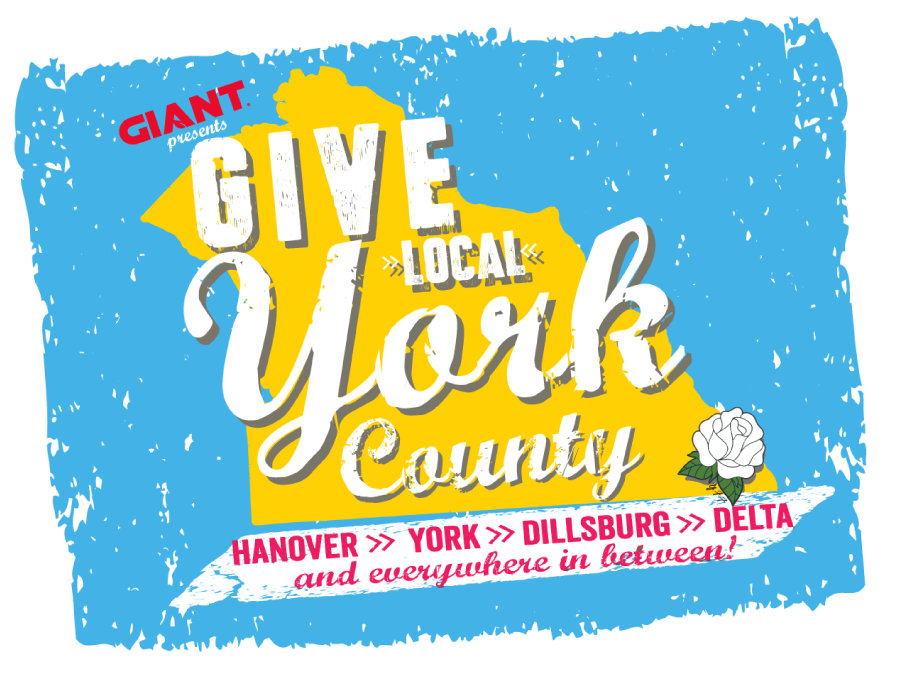Here are 10 of the most common scams targeting older adults:
- Charity scams – Some scammers may use a name similar to a legitimate charity. They often capitalize on current events, such as natural disasters, and may set up a fundraising page on a crowdsourcing site. Charity scammers may insist that you use a payment method such as a gift card or money transfer.
- Computer tech support scams – Computer technical support scams prey on a lack of knowledge about computers and cybersecurity. A pop-up message or blank screen usually appears on a computer or phone, saying the device is compromised and needs fixing. A call to the support number for help may lead to either a request for remote access to your computer and/or to you pay a fee to have it repaired.
- Government impostor scams – Government impostors call unsuspecting victims and pretend to be from the Internal Revenue Service, Social Security Administration or Medicare. They may say you have unpaid taxes and threaten arrest or deportation if you don’t pay immediately. Or they may say your Social Security or Medicare benefits are in danger of being cut off if you do not provide personal identifying information.
- Grandparent scams – Scammers will place a call to an older adult and say something along the lines of: “Hi Grandma, do you know who this is?” When the unsuspecting grandparent guesses the name of the grandchild the scammer most sounds like, the scammer has established a fake identity without having done any background research. Once “in,” the fake grandchild will ask for money to solve some unexpected financial problem and will beg the grandparent not to tell anyone. The scammers will ask to be paid via gift cards or money transfer, which don’t always require identification to collect.
- Internet and email fraud – While using the Internet is a great skill at any age, the slower speed of adoption among some older people makes them easier targets for automated Internet scams. Pop-up browser windows simulating virus-scanning software will fool victims into either downloading a fake anti-virus program or an actual virus that will open up whatever information is on the user’s computer to scammers. Phishing emails and text messages may look like they’re from a company they know or trust. Phishing emails request personal information, such as a log-in or Social Security number to verify a person’s account, or ask that they update their credit card payment. Then they use that information to steal personal and financial information.
- Medicare/health insurance scams – In these types of scams, a perpetrator may pose as a Medicare representative to get older people to give them their personal information, or they will provide bogus services for elderly people at makeshift mobile clinics, then bill Medicare and pocket the money. Medicare scams often follow the latest trends in medical research, such as COVID-19 vaccines.
- Robocalls/phone scams – Robocalls take advantage of sophisticated phone technology to call households from anywhere in the world. Robocallers use a variety of tactics to cheat their victims. one popular robocall claims that a warranty is expiring on a car/electronic product and payment is needed to renew it.
- Romance scams – Romance scammers create elaborate fake profiles, often on social media, and exploit older adults’ loneliness for money. In some cases, romance scammers may (or pretend to) be overseas, and request money to pay for visas, medical emergencies and travel expenses to come visit the U.S. Because they drag on for a long time, romance scammers can get a lot of money from an older adult.
- Social Security scams – Social Security scammers use “spoofed” phone numbers that look like they’re coming from Washington, D.C., to appear credible. Older adults may get a phone call saying their Social Security number was used in a crime and they will be arrested if they do not send money to fix it. The caller may refer to a local law-enforcement website where they can see the person’s picture.
- Sweepstakes and lottery scams – This simple scam capitalizes on the notion that “there’s no such thing as a free lunch.” Scammers inform their mark that they have won a lottery or sweepstakes and need to make payment to unlock the supposed prize. Often, older adults will be sent a check that they can deposit in their bank account, knowing that while it shows up in their account immediately, it will take a few days before the (fake) check is rejected. During that time, the criminals will quickly collect money for supposed fees or taxes on the prize, which they pocket while the victim has the “prize money” removed from his or her account as soon as the check bounces.
Source: National Council on Aging | Federal Trade Commission
Learn more about how SpiriTrust Lutheran® Home Care & Hospice can help you and your loved ones.

